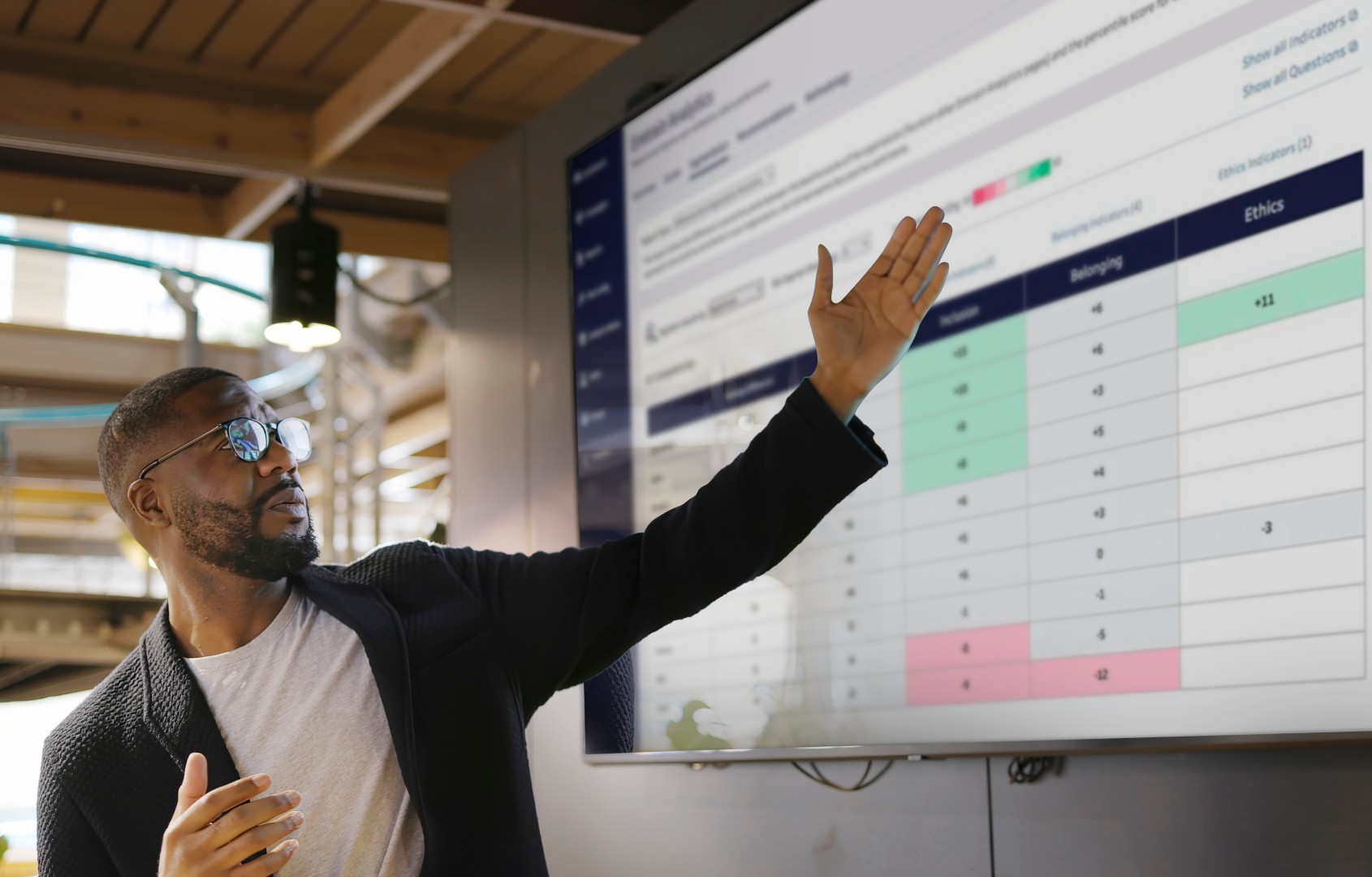We have entered the era of conscious capitalism, which requires a corresponding conscious culture. When companies do not have a conscious culture, they will lose the war for talent AND open themselves up to the Great Resignation.

What is a Conscious Culture?
Culture is the values and practices woven into the company social fabric which signals how business gets done. A conscious culture is where both management and employees develop and practice strong pro-social behaviors so everyone feels accountable, empowered, and expected to act consistently with the strong organizational norms of the business.
People are leaving companies in record numbers in this great resignation because they are tired of working for businesses that do not have a conscious culture; businesses where the question of how work gets done is secondary and not prioritized. Being an employee on a team that does not prioritize “the how” work gets done leads to employees feeling undervalued and being detached from the business.
Emtrain’s March 2021 Culture Report showed a graph that was predictive of the current Great Resignation, where over 50% of people reported they didn’t feel valued or a have a sense of belonging:
As we see from 2021 business headlines, many companies have not yet shifted into building a conscious culture, and we’re seeing the negative consequences of that oversight in the business headlines from this year:
- Apple employees pushing back on a planned return to the office in a June 2021 letter to management citing they felt “unheard and even ignored” – The Verge
- Instacart shoppers starting a campaign to delete the Instacart app to support workers’ demands for better labor conditions – TechCrunch
- Former Facebook product manager Frances Haugen blowing the whistle on Facebook’s business practices that affect young consumers’ mental health – Washington Post
- Activision Blizzard shareholders calling for the resignation of its CEO due to tolerating sexual harassment and gender discrimination – CNET
- The Board of Directors firing the CEO of Better.com after he laid off 900 employees in an emotionally unintelligent message over Zoom – CNN
These headlines show that businesses have not been prioritizing “the how” of what they do, which is the most important variable for employees. In the past, companies have been able to give lip service to their values by controlling the information about their actions. But information flows freely these days so companies cannot fake pro-social conduct — they need to start exhibiting it.
We’ve had two decades of capitalism at all costs, where new technology and business models have accelerated societal change and where the focus was only on growth and shareholder profits. Now, the pendulum is swinging back and we’re in an era of conscious capitalism where the environment, social and governance issues are key performance indicators of any business and businesses will be evaluated on these metrics by their employees, shareholders, and consumers.
So how do companies stop the bleeding in the great resignation and compete in the war for talent? It’s about the how, not just the what. What you do is important … but how you do it is even more important to employees because that’s what affects them. How do you grow? How do you treat employees, co-workers, partners, consumers, and the community?
Companies, led by the C-Suite and Boards, and supported by HR, DEI, and Compliance, will increasingly need to develop and measure their pro-social behaviors, to build a conscious culture that is attractive to employees.
Learn how to measure pro-social behaviors at your company to prevent risk by getting a personalized demo of Emtrain’s platform.







